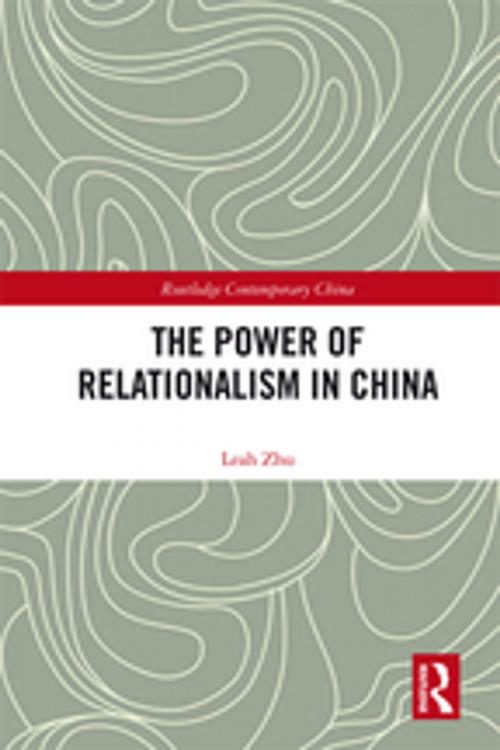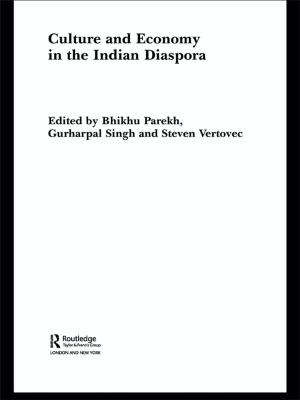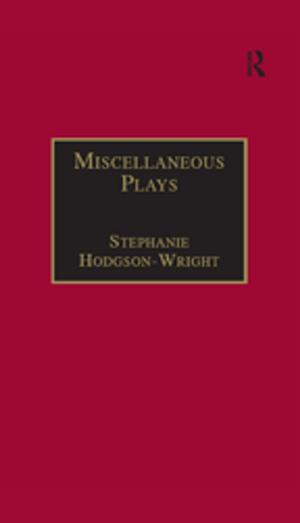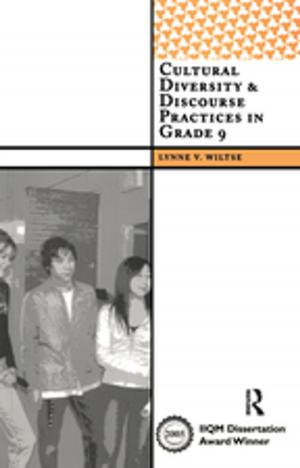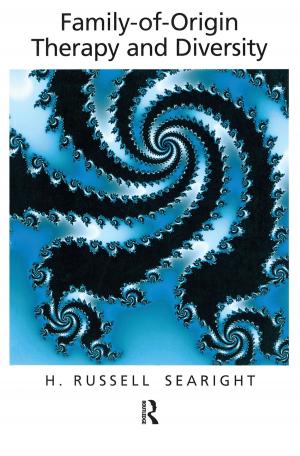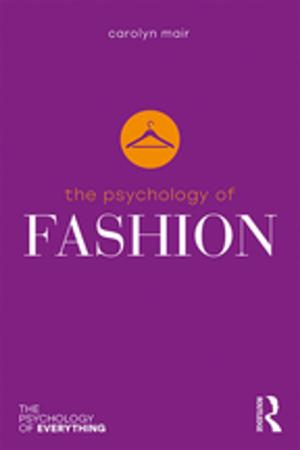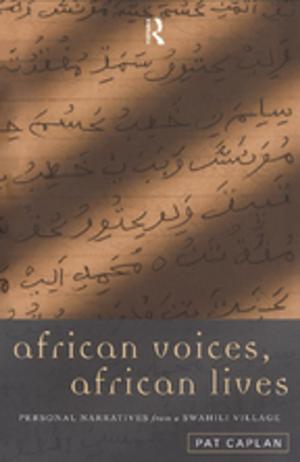The Power of Relationalism in China
Nonfiction, Social & Cultural Studies, Social Science, Sociology| Author: | Leah Zhu | ISBN: | 9781351246767 |
| Publisher: | Taylor and Francis | Publication: | February 15, 2018 |
| Imprint: | Routledge | Language: | English |
| Author: | Leah Zhu |
| ISBN: | 9781351246767 |
| Publisher: | Taylor and Francis |
| Publication: | February 15, 2018 |
| Imprint: | Routledge |
| Language: | English |
In the 21st century, China has become impossible to ignore. At the same time, a vast array of perceptions and judgments of China’s actions and future have arisen. The confusion, Leah Zhu postulates, is explained by decades of traditional modus operandi, which began in the Maoist Era and misconceives China as a ‘collectivist’ culture.
This book, however, seeks to re-explore thousands of years of China’s history to demonstrate the country’s adherence to an alternative principle, ‘relationalism’. Tracing the pervasive power of ‘relationalism’ before and after Maoism, it examines the major aspects of Chinese culture, including politics, sociology, psychology and diplomacy. In doing so, it reveals the power of ‘relationalism’ as the core frame of reference behind contemporary Chinese beliefs and practices. Furthermore, armed with this newly established framework, this book ultimately provides a helpful analysis of China’s past political, economic, and judiciary reforms and of how they are faring under the control of the current regime.
Featuring extensive evidence and analysis of Chinese culture from ancient rites through to the 21st century, this book will be invaluable to students and scholars of Chinese culture, politics and society. It will also appeal to social scientists and sociologists more broadly.
In the 21st century, China has become impossible to ignore. At the same time, a vast array of perceptions and judgments of China’s actions and future have arisen. The confusion, Leah Zhu postulates, is explained by decades of traditional modus operandi, which began in the Maoist Era and misconceives China as a ‘collectivist’ culture.
This book, however, seeks to re-explore thousands of years of China’s history to demonstrate the country’s adherence to an alternative principle, ‘relationalism’. Tracing the pervasive power of ‘relationalism’ before and after Maoism, it examines the major aspects of Chinese culture, including politics, sociology, psychology and diplomacy. In doing so, it reveals the power of ‘relationalism’ as the core frame of reference behind contemporary Chinese beliefs and practices. Furthermore, armed with this newly established framework, this book ultimately provides a helpful analysis of China’s past political, economic, and judiciary reforms and of how they are faring under the control of the current regime.
Featuring extensive evidence and analysis of Chinese culture from ancient rites through to the 21st century, this book will be invaluable to students and scholars of Chinese culture, politics and society. It will also appeal to social scientists and sociologists more broadly.
